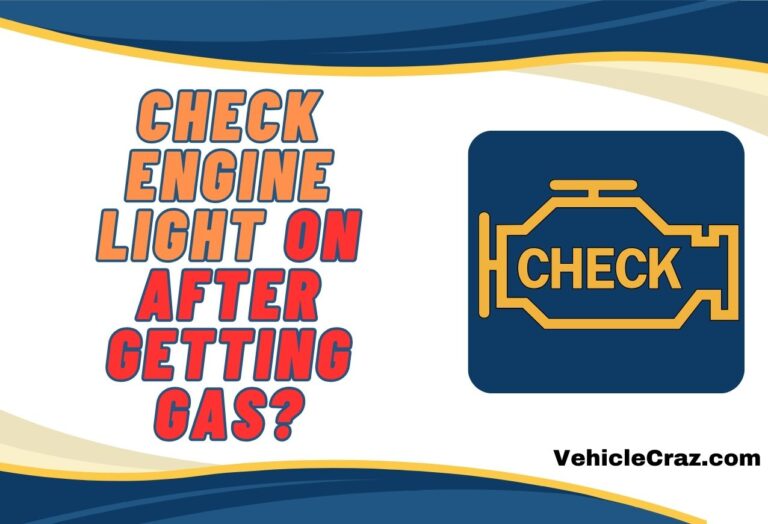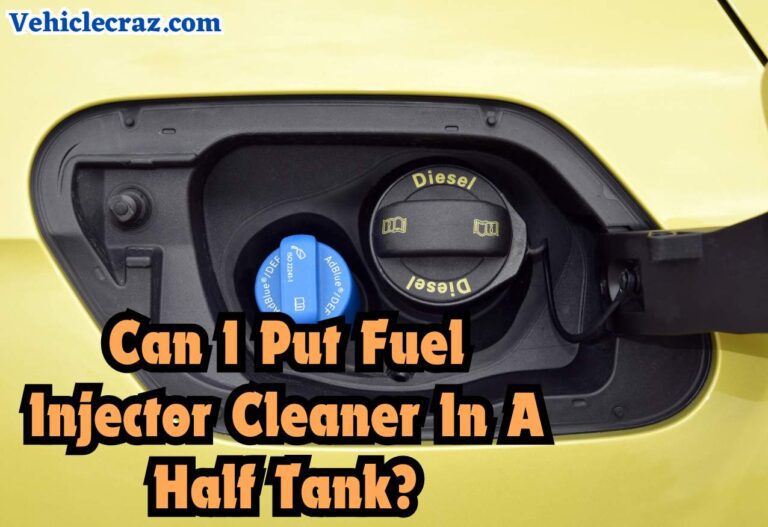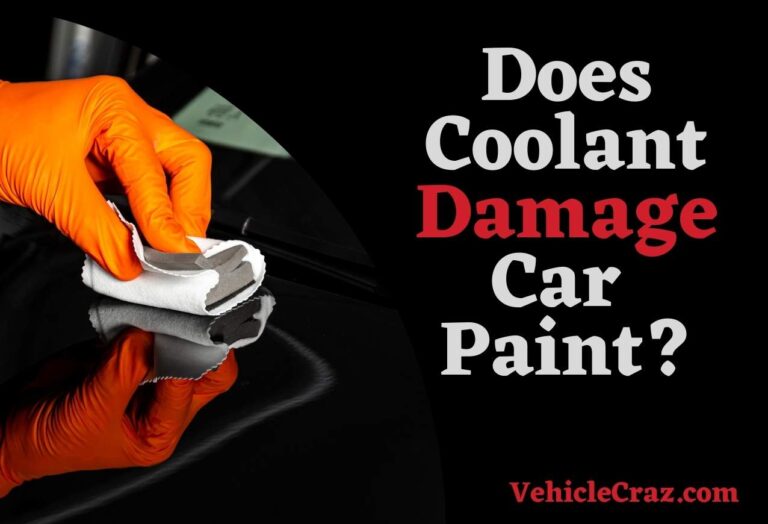Can Octane Booster Help Old Gas? A Must-Read
An octane booster is designed to increase the octane rating of gasoline, which can help improve engine performance and prevent knocking. How about old gas? Can octane booster help old gas well? This is the topic that we discuss today. Keep reading.
Can Octane Booster Help Old Gas?
Yes, an octane booster can help improve the quality of old gas to some extent, but its effectiveness depends on various factors such as the extent of the gas degradation and the specific octane booster used.
Old gas tends to degrade over time, which can lead to a decrease in its octane rating. An octane booster is designed to increase the octane rating of gasoline, which can help improve engine performance and prevent knocking.
By increasing the octane rating, an octane booster can help ensure more complete combustion of the fuel, which can improve engine performance and fuel efficiency.
Some octane boosters also contain detergents and cleaners that can help clean fuel injectors and intake valves, which can further improve engine performance.
It’s essential to choose an octane booster that is compatible with your engine and fuel system. Some octane boosters may not be suitable for use in certain types of engines or vehicles.
While an octane booster can help improve the quality of old gas to some extent, its effectiveness may vary depending on the condition of the gas and other factors. In some cases, it may be necessary to completely drain the old gas and replace it with fresh fuel to ensure optimal engine performance.
In conclusion, while an octane booster can help improve the quality of old gas to some extent by increasing its octane rating and cleaning properties, its effectiveness may vary depending on the specific circumstances. If you are experiencing issues with old gas, it’s always best to consult with a mechanic or fuel expert for advice on the best course of action.
Does Old Gas Lose Octane?
Yes, old gas can lose octane over time due to the evaporation of lighter hydrocarbons and oxidation processes. The octane rating of gasoline indicates its resistance to engine knocking, which occurs when the air-fuel mixture ignites prematurely in the engine’s cylinders. Higher octane fuels are more resistant to knocking.
Several factors contribute to the degradation of gasoline and the loss of octane:
- Over time, lighter hydrocarbons in gasoline can evaporate, leading to changes in the fuel’s composition and a decrease in octane rating.
- Exposure to oxygen can cause gasoline to oxidize, leading to the formation of gums and varnishes. This oxidation process can also reduce the fuel’s octane rating.
- Contaminants such as water, dirt, and rust particles can degrade gasoline and contribute to a loss of octane.
- How gasoline is stored can also affect its octane rating. Exposure to heat, light, and moisture can accelerate the degradation of gasoline and lead to a loss of octane.
- As gasoline ages, its chemical composition can change, leading to a decrease in octane rating.
The loss of octane in old gas can lead to issues such as engine knocking, reduced engine performance, and difficulty starting the engine. It’s essential to use gasoline with the appropriate octane rating for your vehicle and to store gasoline properly to prevent octane loss. If you suspect that your gas has lost octane, it may be best to replace it with fresh fuel to ensure optimal engine performance.
What is the Best Additive for Old Gas?
The best additive for old gas depends on the specific issues you are trying to address. However, some commonly recommended additives for old gas include fuel stabilizers, fuel system cleaners, and octane boosters. Here’s a brief overview of each:
Fuel Stabilizers
Fuel stabilizers are additives designed to prevent the degradation of gasoline over time. They work by inhibiting oxidation and the formation of gums and varnishes, which can clog fuel systems and degrade engine performance. Adding a fuel stabilizer to old gas can help restore its quality and prevent further degradation.
Fuel System Cleaners
Fuel system cleaners contain detergents and other additives that help remove deposits from fuel lines, injectors, and combustion chambers. These deposits can build up over time and contribute to poor engine performance. Using a fuel system cleaner in old gas can help improve engine performance and fuel efficiency.
Octane Boosters
Octane boosters increase the octane rating of gasoline, which can help improve engine performance and prevent knocking. Using an octane booster in old gas can help restore its octane rating and improve engine performance.
Other additives that are sometimes recommended for old gas include water removers, which help separate water from fuel, and ethanol treatments, which help prevent damage caused by ethanol-blended fuels. It’s essential to choose additives that are compatible with your engine and fuel system and to follow the manufacturer’s instructions for the best results.
What Are the Signs that Old Gas Needs An Octane Booster?
Signs that old gas may benefit from an octane booster include:
- Engine Knocking: If you hear a knocking or pinging noise coming from your engine, it could be a sign that the gasoline’s octane level has degraded, causing it to ignite prematurely.
- Poor Engine Performance: Old gas can lead to reduced engine performance, including rough idling, hesitation, and overall sluggishness.
- Starting Issues: Difficulty starting your vehicle, especially after it has been sitting for a while, can indicate that the gasoline has degraded and may benefit from an octane booster.
- Fuel Smell: If you notice a strong gasoline smell coming from your vehicle, it could be a sign that the gas has gone bad and needs to be treated with an octane booster.
- Increased Fuel Consumption: Old gas can lead to reduced fuel efficiency, so if you notice that you’re getting fewer miles per gallon, it could be a sign that your gas needs an octane booster.


I’m Alex, a seasoned mechanical teacher with over 20 years of hands-on experience in Australia. My passion for all things automotive has driven me to establish this blog, aiming to share my wealth of knowledge and expertise with fellow enthusiasts, DIYers, and anyone keen on understanding the mechanics behind the machines we rely on daily.

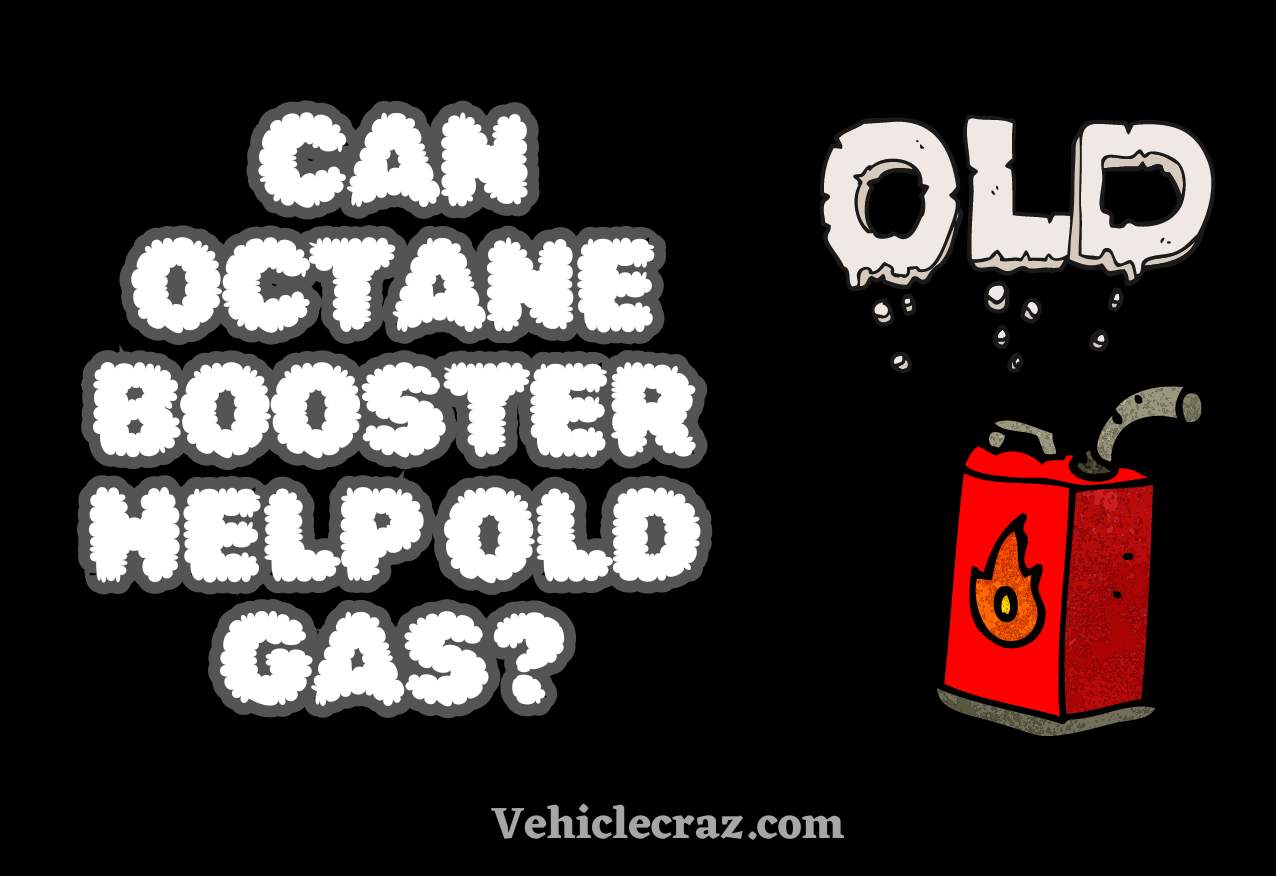
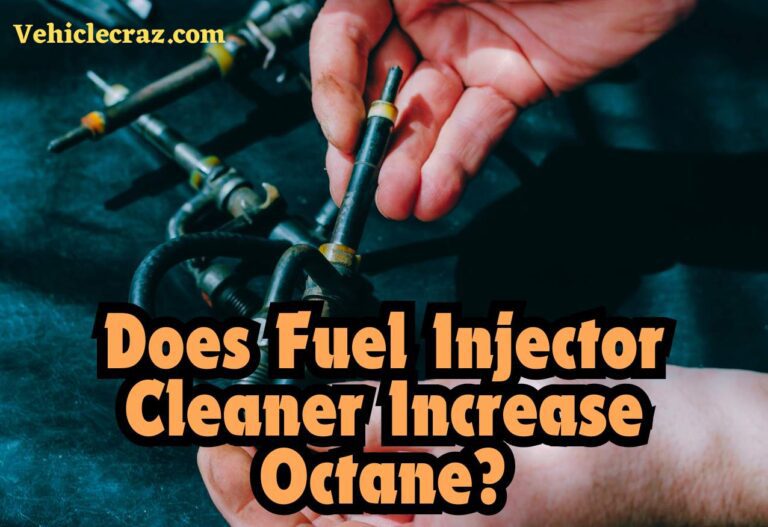
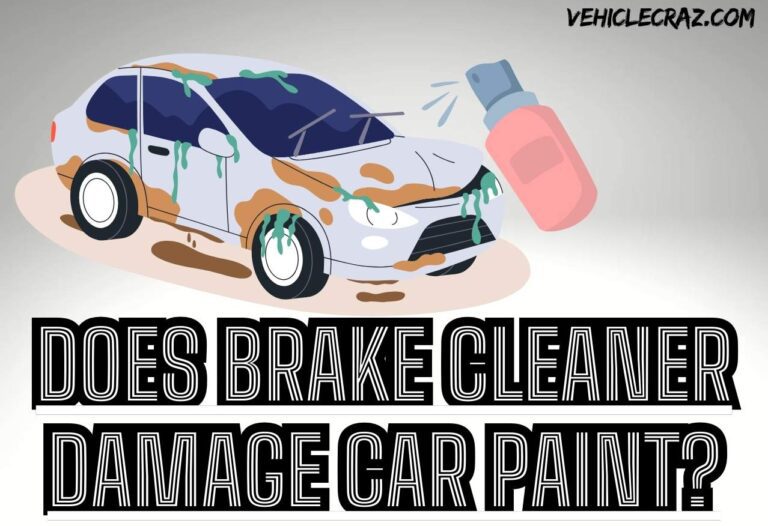
![Coolant Mixed With Transmission Fluid? [Causes And Fixes]](https://vehiclecraz.com/wp-content/uploads/2024/03/Maximum-Level-3-768x524.jpg)
